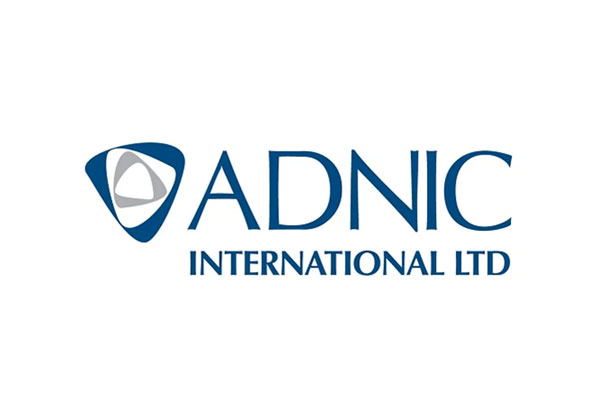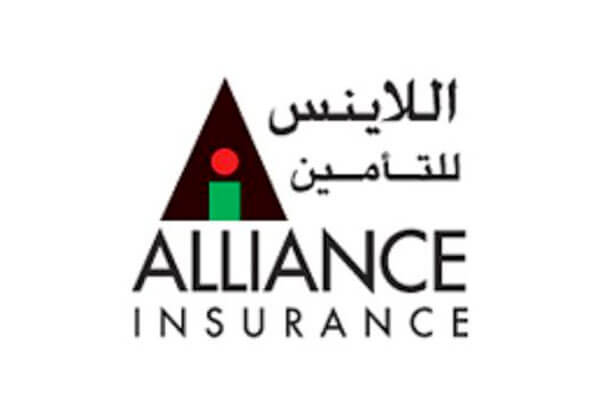Top Benefits
to purchase health insurance through BankOnUs.com
Save time
Investing in a health insurance plan online saves up on the effort of meeting an agent and the time on understanding complex terms and conditions of a policy.
Simple & straightforward information
All crucial information related to your health insurance policy is available online and hence, there is absolutely no chance that your agent can hide or forget to share any information with you.
Side-by-side comparison
With the top technology, the feature of side-by-side comparison made our lives much easier! You get a full screen of the top health insurance plans that suit you the best according to your own preferences.
Unbiased expert advice
At BankOnUs.com you are no longer confused with the insurance complicated terms, we are here to make your life easier! Our insurance experts are available to give you unbiased advice and to clear any confusion to help you make up your mind about buying the insurance policy that suits you the best.
What is Health Insurance?
Things you need to know
Health insurance is a type of insurance that fully or partially covers an individual's medical and surgical expenses. It's an agreement between you and your insurance company, where for an annual premium, the insurer pays for your hospitalization and other medical expenses as mentioned in your policy.
Quick Tips
Check before you buy Health Insurance
Network hospitals
To get cashless hospitalization you need to be admitted within the insurers network. Do check which network hospitals are in your area.
Room Rent Limit
Some insurance plans put a limit on the type/cost of the room you can be admitted to. If you get admitted to a higher level room, kindly be aware that there will be additional charges.
Waiting Periods & Exclusions
A few treatments have a waiting period of 24-48 months before they are covered. Other illnesses are permanently excluded.
Claim Process
Under a cashless claim settlement process, when you are admitted in a network hospital, the insurance company directly settles your medical bills with the hospital.
Health Insurance in UAE
What is covered?
Health insurance generally covers the cost of doctors or emergency room visits, medicines, laboratory & other diagnostic tests for medical conditions other than specific exclusions.
Depending on the type of insurance coverage you have, you may need to pay a portion of the expenses in addition to the premium you pay for general coverage. You can also purchase extra cover that includes services that are generally not provided such as services for pregnancy and child birth / dental treatments/optical care/vaccinations etc.
Why Health Insurance?
As medical care advances and treatments increase, health care costs also increase. The purpose of health insurance is to protect you and your family financially in the event of an unexpected serious illness or injury that could be very expensive. You need health insurance because you cannot predict what your medical bills will be. In some years, your costs may be low. In other years, you may have very high medical expenses. If you have health insurance, you will have peace of mind in knowing that you are protected from most of these costs.
What is not covered?
As is the case with all health insurance plans, the list of exclusions is very long. Your job is to sift through this list to make sure that something of interest to you is not excluded. For example, if you want dental treatments to be covered, make sure these are included in the benefits. Similarly, if you want to opt for preventive screening tests or alternative medicine in the future, get a plan that doesn't exclude such tests and treatments. By checking the exclusions to begin with, you can ensure that your future claims are not at risk of being rejected.
Best Health Plan for you?
Whether you are eligible for group insurance or choosing an individual plan, you should carefully compare costs and coverage. Be sure to compare :
- Premiums.
- Coverage/benefits.
- Access to doctors, hospitals, and other providers.
- Access to after hours and emergency care.
- Out-of-pocket costs (coinsurance, copays, and deductibles).
- Exclusions and limitations.
Frequently Asked Questions
Health insurance is a type of insurance coverage that pays for medical and surgical expenses incurred by the insured. Health insurance can reimburse the insured for expenses incurred from illness or injury, or pay the care provider directly. It is often included in employer benefit packages as a means of enticing quality employees. The cost of health insurance premiums is deductible to the payer, and benefits received are tax-free.
Basically Deductibles, coinsurance and copays are all examples of cost sharing.
- Deductible: A deductible is the amount you pay for health care services before your health insurance begins to pay.
How it works: If your plan’s deductible is AED 5,000, you’ll pay 100 percent of eligible health care expenses until the bills total AED 5,000. After that, you share the cost with your plan by paying coinsurance. - Coinsurance: Coinsurance is your share of the costs of a health care service. It's usually figured as a percentage of the amount we allow to be charged for services. You start paying coinsurance after you've paid your plan's deductible.
How it works: You’ve paid AED 5,000 in health care expenses and met your deductible. When you go to the doctor, instead of paying all costs, you and your plan share the cost. For example, your plan pays 70 percent. The 30 percent you pay is your coinsurance. - Copay: A copay is a fixed amount you pay for a health care service, usually when you receive the service. The amount can vary by the type of service.
How it works: Your plan determines what your copay is for different types of services, and when you have one. You may have a copay before you’ve finished paying toward your deductible. You may also have a copay after you pay your deductible, and when you owe coinsurance.
What you pay towards your plan’s deductible, coinsurance and copays are all applied to your out-of-pocket max. Once you reach your out-of-pocket max, your plan pays 100 percent of the allowed amount for covered services.
If your plan covers more than one person, you may have a family out-of-pocket max and individual out-of-pocket maximums. That means:
- When the deductible, coinsurance and copays for one person reach the individual maximum, your plan then pays 100 percent of the allowed amount for that person.
- When what you’ve paid toward individual maximums adds up to your family out-of-pocket max, your plan will pay 100 percent of the allowed amount for health care services for everyone on the plan.
HMO stands for health maintenance organization - With an HMO plan, you pick one primary care physician. All your health care services go through that doctor. That means that you need a referral before you can see any other health care professional, except in an emergency. Visits to health care professionals outside of your network typically aren’t covered by your insurance.
PPO stands for preferred provider organization - PPO plans gives you flexibility. You don’t need a primary care physician. You can go to any health care professional you want without a referral—inside or outside of your network.
Staying inside your network means smaller copays and full coverage. If you choose to go outside your network, you'll have higher out-of-pocket costs, and not all services may be covered.
Age is a major factor that determines the premium, the older you are the premium cost will be higher because you are more prone to illnesses. Previous medical history is another major factor that determines the premium. If no prior medical history exists, premium will automatically be lower. Claim free years can also be a factor in determining the cost of the premium as it might benefit you with certain percentage of discount. This will automatically help you reduce your premium.
The minimum standards must meet the Essential Benefits Plan (EBP). Workers with a gross salary of 4,000 AED per month or less (LSB) may only obtain insurance products from one of the participating Insurers (PI). The annual premium per employee varies between AED 500/- to AED 700/-, however PI may deviate from the index rate by plus or minus AED 25/-.P articipating insurers (PI) may offer LSB workers enhanced benefits to the Essential Benefits Plan (EBP) at an additional cost.
Workers with a gross salary above 4,000 AED per month, HSB workers, may obtain insurance products from both Participating Insurers (PI) and non-Participating Insurers, who have a Health Insurance Permit (HIP.) The annual premium for these workers is subject to underwriting of the Insurer, which the PI or non-PI are allowed to increase the index rate offered to LSB.
All emergency cases will also be covered by the insurance within the territorial limit specified in the policy. In fact, any emergency procedure will not require a pre-authorisation. If a patient happens to be in an emergency situation and is taken to a hospital that is not covered by their insurance, the patient will still be taken there and emergency treatment will be carried out.
Only after that can a hospital shift the patient to a hospital that is under the insurance coverage once the patient’s condition stabilises.
Under the Essential Benefits Plan (EBP) there is a 6 month waiting period for pre-existing conditions, covered subject to policy terms and conditions. (The co-insurance is specified for Inpatient and Out-patient treatment in the SOB from Participating Insurers.)
The DMCC health insurance solution offers nil waiting period for pre-existing conditions, subject to continuity of coverage for the Secure Bronze plan; otherwise a 180 day waiting period applies to pre-existing conditions. However should a member not have continuity of coverage, the SELECT plans offer a nil waiting period for pre-existing conditions. Please note pre-existing conditions are covered subject to policy terms, conditions and general exclusions.




